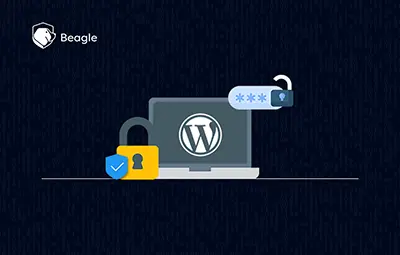
What is WordPress?
WordPress is the easiest and most popular way to create your own website or blog. It is a free and open-source content management system (CMS) that is written in PHP and uses MySQL or MariaDB as its database.
WordPress is capable of creating any style of websites- simple blogs, forums, portfolios, business sites, e-commerce stores, etc.
More than 30% of all websites on the internet are powered by WordPress. The main features of WordPress include a plugin architecture and a template system, which is known as Themes within WordPress.
What is a WordPress plugin?
WordPress plugins are basically a piece of code written in PHP that allows you to add new features and functionality or extend existing functionality of your WordPress website.
Plugins allow you to create almost any kind of website with WordPress. For example, you can create an online store using the WooCommerce plugin.
There are over 50,000 WordPress plugins available for free in the official WordPress plugin directory. There are also plenty of free and premium plugins which are available on third-party websites.
The main difference between a WordPress plugin and a WordPress theme is that the plugin controls the behavior and features of WordPress, while themes control the overall look and feel of a website.
Impact of WordPress Plugin Vulnerabilities
As recently reported by wpvulndb, 17% of the total vulnerabilities in WordPress are from WordPress plugins. A vulnerable plugin can compromise the entire application and even lead to account takeovers. It can also lead to other attacks like cross-site scripting, SQL injection, and many more.
If your website is compromised, Google might blacklist it. It will lead to a drop in your search engine rankings and lead to a decrease in website traffic.
Some of the common vulnerabilities associated with WordPress plugins are:
- Slider Revolution Local File Disclosure
- Slider Revolution Shell Upload
- ‘Elegant’ Privilege Escalation
- Stored Cross-Site Scripting (XSS)
- Directory Traversal
- Authentication Bypass
- PHP Object Injection
- Server Side Request Forgery
- Authenticated SQL Injection
- SQL Injection
- Blind SQL Injection
How to Prevent WordPress Plugin Vulnerabilities
We recommend the following to fix WordPress plugin vulnerabilities:
Update the vulnerable plugins to the latest version. Updating the plugins might fix all the bugs in the previous versions of WordPress.
If updating the plugins is a no-go for the application, install the patch released by the developers of the plugins to fix the vulnerability.





